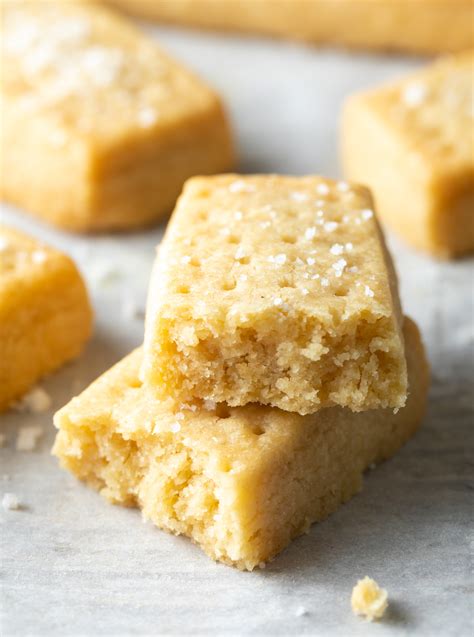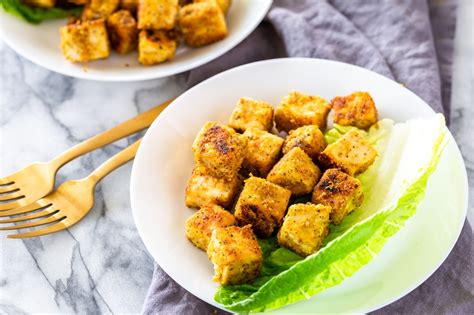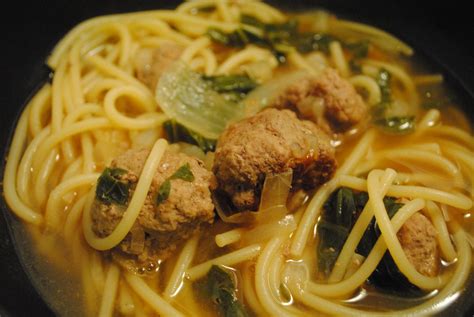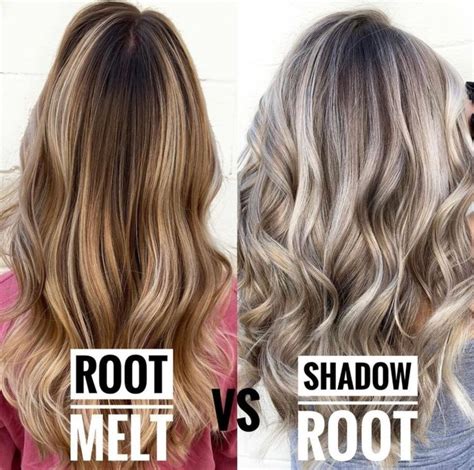Discover the benefits of sugar-free diets, understand sugar substitutes, and get creative sugar-free dessert recipes. Plus, healthy breakfast and quick snack ideas.
Benefits of Sugar-Free Diets
Contents
Many people are turning to sugar-free diets for various health reasons. Eliminating or reducing sugar from your diet can have several benefits for your overall well-being. One of the main advantages of a sugar-free diet is weight management. Consuming less sugar can help in reducing calorie intake, which can lead to weight loss. In addition, cutting back on sugar can also reduce the risk of developing type 2 diabetes as excessive sugar consumption can lead to insulin resistance and high blood sugar levels.
Another benefit of following a sugar-free diet is improved dental health. High sugar consumption is linked to cavities and tooth decay. By limiting sugar intake, you can significantly reduce the risk of dental problems and maintain better oral hygiene. Furthermore, a sugar-free diet can also improve energy levels. While sugar can provide a quick energy boost, it is often followed by a crash. By eliminating sugar, you can stabilize your energy levels throughout the day.
Reducing sugar in your diet can also lower the risk of heart disease. Excessive sugar consumption is associated with high cholesterol levels and increased risk of heart disease. By opting for sugar-free alternatives, you can protect your heart health. Lastly, a sugar-free diet can improve skin health. Sugar has been linked to inflammation and acne. By eliminating sugar, you may experience clearer and healthier skin.
Understanding Sugar Substitutes
Sugar substitutes are artificial or natural sweeteners that can be used as alternatives to regular sugar in recipes and beverages. They are commonly used by people who are trying to cut back on their sugar intake or manage health conditions like diabetes. There are various types of sugar substitutes available, each with their own unique taste and use.
One type of sugar substitute is artificial sweeteners, which are synthetic sugar substitutes that are often much sweeter than regular sugar, so a small amount goes a long way. Examples of artificial sweeteners include aspartame, saccharin, and sucralose. These are popular choices for people looking to reduce their calorie and sugar intake without sacrificing sweetness.
Another type of sugar substitute is natural sweeteners such as stevia and monk fruit, which are derived from plants. These sweeteners are considered to be healthier alternatives to artificial sweeteners as they are usually free from chemicals and have little to no impact on blood sugar levels. They are also extremely sweet, so a small amount goes a long way.
Some people also use fruit purees and juices as sugar substitutes in their cooking and baking. These can add natural sweetness as well as additional nutrients and fiber to recipes. Common options include applesauce, mashed bananas, and date paste. These can be particularly useful in desserts and baked goods.
Understanding the different types of sugar substitutes and how to use them in recipes can help individuals make healthier choices when it comes to their diet and manage their sugar intake more effectively.
Creative Sugar-Free Desserts
When it comes to creating delicious desserts without using sugar, there are plenty of options to choose from. One creative sugar-free dessert idea is to make a chocolate avocado mousse. This decadent treat is made using ripe avocados, unsweetened cocoa powder, and a natural sweetener like stevia or monk fruit. The result is a rich and creamy dessert that is sure to satisfy your sweet tooth without any added sugar.
Another fantastic sugar-free dessert option is a fruit sorbet. Instead of loading up on sugary ice cream, opt for a refreshing sorbet made with frozen fruits and a touch of natural sweetener. You can easily make a delicious sorbet using a variety of fruits such as berries, mango, or pineapple. Not only is this dessert low in sugar, but it’s also a great way to sneak in some extra servings of fruit into your diet.
For those who love baked goods, consider making sugar-free muffins or cupcakes. By using ingredients like almond flour, coconut flour, or oat flour along with natural sweeteners like honey or maple syrup, you can whip up delectable treats without any added sugar. Add in some fresh or dried fruit for a burst of natural sweetness and flavor.
If you’re craving something more indulgent, try making a sugar-free cheesecake. You can create a creamy and satisfying cheesecake using a combination of cream cheese, Greek yogurt, and a sugar substitute. Top it off with a vibrant fruit compote or a sprinkle of nuts for added texture and flavor.
Lastly, don’t underestimate the power of chia seed pudding as a creative sugar-free dessert option. Chia seeds are packed with fiber and omega-3 fatty acids, making them a nutritious choice for a guilt-free treat. Mix them with unsweetened almond milk, a dash of vanilla extract, and a natural sweetener to create a delightful pudding that can be enjoyed on its own or layered with fresh fruits and nuts.
Healthy Sugar-Free Breakfast Ideas
When it comes to starting your day on a healthy note, it’s important to choose breakfast options that are not only delicious but also free from sugar. One great sugar-free breakfast idea is a nutrient-packed smoothie made with fresh fruits and vegetables. You can blend together spinach, kale, cucumber, banana, and some almond milk for a refreshing and energizing start to your day. Smoothies are a great way to incorporate a variety of nutrients into your diet without any added sugar.
Another fantastic breakfast option is an oatmeal bowl topped with fresh berries and a drizzle of honey. Oatmeal is a great source of fiber and provides long-lasting energy. By adding fresh berries such as strawberries, blueberries, or raspberries, you can satisfy your sweet cravings without adding any extra sugar. If you prefer a sweeter taste, a small amount of honey or maple syrup can be added as a natural sweetener.
For those who enjoy a savory breakfast, a vegetable and egg omelette is a perfect choice. You can load your omelette with spinach, bell peppers, mushrooms, and any other vegetables of your choice for a nutrient-rich and sugar-free meal. Eggs provide a great source of protein to keep you full and satisfied until your next meal.
Lastly, if you’re in a rush in the morning, a greek yogurt parfait is a quick and easy sugar-free breakfast option. Layer greek yogurt with fresh fruit, nuts, and a sprinkle of cinnamon for a delicious and satisfying breakfast. Greek yogurt is a great source of protein and adding fruit and nuts can provide essential nutrients to kickstart your day without any added sugar.
Quick and Easy Sugar-Free Snacks
When it comes to finding sugar-free snacks, it’s important to be mindful of the ingredients you’re consuming. Opting for snacks that are free of added sugars can help to maintain stable blood sugar levels and reduce the risk of developing chronic diseases such as diabetes and heart disease.
One of the benefits of sugar-free snacking is that it can help to prevent energy crashes throughout the day. Instead of relying on sugary snacks that provide a temporary boost followed by a rapid drop in energy, choosing healthy sugar-free snacks can provide sustained energy levels without the rollercoaster effect on blood sugar.
When looking for sugar-free snack options, it’s important to understand sugar substitutes that are commonly used. Some popular sugar substitutes include stevia, monk fruit, and erythritol, which can be used to sweeten snacks without the negative effects of added sugars.
Creating sugar-free snacks doesn’t have to be complicated. Simple options such as fresh fruits, vegetables with hummus, plain yogurt with berries, and nuts and seeds can make for quick and easy sugar-free snacks that are both nutritious and satisfying.














